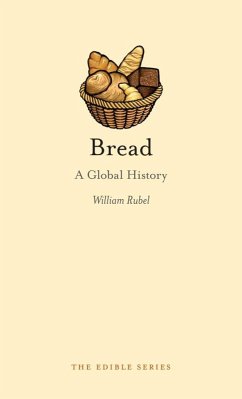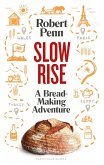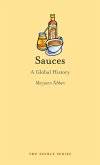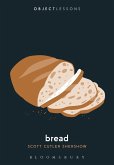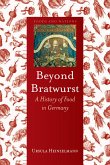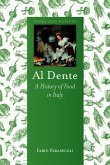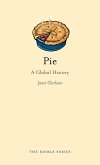It is difficult to think of a food more basic, more essential, and more universal than bread. Common to the diets of both the rich and the poor, bread is one of our oldest foods. Loaves and rolls have been found in ancient Egyptian tombs, and wheat has been found in pits where human settlements flourished 8,000 years ago. Many anthropologists argue that the ability to sow and reap cereals, the grains necessary for making bread, could be one of the main reasons why man settled in communities, and even today the concept of "e;breaking bread together"e; is a lasting symbol of the uniting power of a meal. Bread is an innovative mix of traditional history, cultural history, travelogue, and cookbook. William Rubel begins with the amazing invention of bread approximately 20,000 years ago in the Fertile Crescent and ends by speculating on the ways in which cultural forces and advances in biotechnology may influence the development of bread in the twenty-first century. Rubel shows how simple choices, may be responsible for the widespread preference for wheat over other bread grains and for the millennia-old association of elite dining with white bread. He even provides an analysis of the different components of bread, such as crust and crumb, so that readers may better understand the breads they buy. With many recipes integrated with the text and a glossary covering one hundred breads, Bread goes well beyond the simple choice of white or wheat. Here, general readers will find an approachable introduction to the history of bread and to the many forms that bread takes throughout the world, and bread bakers will discover a history of the craft and new ways of thinking that will inspire experimentation.
Dieser Download kann aus rechtlichen Gründen nur mit Rechnungsadresse in A, B, BG, CY, CZ, D, DK, EW, E, FIN, F, GR, HR, H, IRL, I, LT, L, LR, M, NL, PL, P, R, S, SLO, SK ausgeliefert werden.

